US arms sale to Riyadh ‘troubling’ indication of Saudi intent to prolong war in Yemen: Scholar
The Biden administration’s first major weapons deal with Saudi Arabia is a “troubling” indication of Riyadh’s intention to press ahead with its protracted military aggression against Yemen without much fear of reprisal, says an American scholar.
In a statement on Thursday, the Pentagon said the US State Department approved the sale of $650 million worth of air-to-air missiles to Saudi Arabia to help Riyadh counter current and future threats.
“The timing and rationalization of the sale of $600 million dollars of so-called defensive air-to-air missiles is a troubling indication of a Saudi intention to continue its cruel policies of devastating Yemen,” said Richard Falk, international law and international relations scholar who taught at Princeton University for forty years.
“The possession of a more secure missile defense allows the Saudis to continue their armed intervention in Yemen, and possibly elsewhere, with a reduced fear of retaliatory attacks," he told Press TV in an interview.
Falk pointed to the so-called special relationship between Washington and Riyadh, saying the United States seeks to safeguard Saudi interests in this regard and to deflect criticism away from Riyadh at the United Nations.
“The US is using its geopolitical leverage to shield Saudi Arabia from censure at the UN and elsewhere again making a mockery of collective security commitments and the UN Charter unconditional prohibition of non-defensive force. These special relationships make it clear that international relations continue to be shaped by the primacy of geopolitics rather than by international norms,” the US scholar said.
Asked whether the sale "is fully consistent with the US administration's pledge to lead with diplomacy to end the conflict in Yemen," Falk replied negatively and rejected the statement as a “false” claim.
“This is a patently false claim. As mentioned, air-to-air missiles protect Saudi national political space allowing the Kingdom freedom to wage war outside its territory with substantially reduced expectations of having its homeland attacked. In other words, the purpose of defensive weaponry is often to insulate offensive warfare from retaliation, and given the Saudi record, this would seem to be the case here,” Falk said.
“Such militarism seems to add to Saudi war-fighting capabilities and offers no accompanying incentives to end the conflict in Yemen by reliance on diplomacy. If a turn to diplomacy had been the intention, it could have been signaled by offering the Yemeni opposing forces equivalent military capabilities or conditioning the sale of the missiles on a good faith effort to resolve the conflict through negotiations. There was no tangible or credible effort in this direction,” he added.
The US scholar slammed the UN’s inaction in putting an end to the Yemeni conflict and said there would be no end in sight for the war as long as Saudi Arabia is “not placed under threat from other sources.”
“We are witnessing one further instance of where the UN and international security is helpless in the face of geopolitical alignments that are dedicated to military solutions of political conflicts,” Falk said.
“From this perspective, there is no endpoint for Yemeni strife and human suffering visible, and none will likely emerge unless Saudi Arabia is placed under threat from other sources or confronted by significant internal pressures. The death of Yemenis is unfortunately not part of the political calculations made by the cynical shapers of Riyadh’s foreign policy objectives,” he underlined.
Saudi Arabia, backed by the US and regional allies, launched the war on Yemen in March 2015, with the goal of bringing the government of former president Abd Rabbuh Mansur Hadi back to power and crushing the popular Ansarullah movement, which had overthrown the previous Saudi-backed Yemeni government.
The Saudi war has left hundreds of thousands of Yemenis dead, and displaced millions more. It has also destroyed Yemen’s infrastructure and spread famine and infectious diseases.
VIDEO | Press TV's news headlines
VIDEO | The reckless US
Qalibaf: Recent unrest a 'complementary link' in 12-day war against Iran
Ex-Israeli war minister: Iranian missiles inflicted heavy losses
Trump launches 'Board of Peace' seen as bid to control Gaza
Senior general vows swift response to any aggression on Iran
US federal immigration agents detain 5-year-old boy in Minnesota
Trump used presidency to pocket $1.4 billion in first year back in office: Report


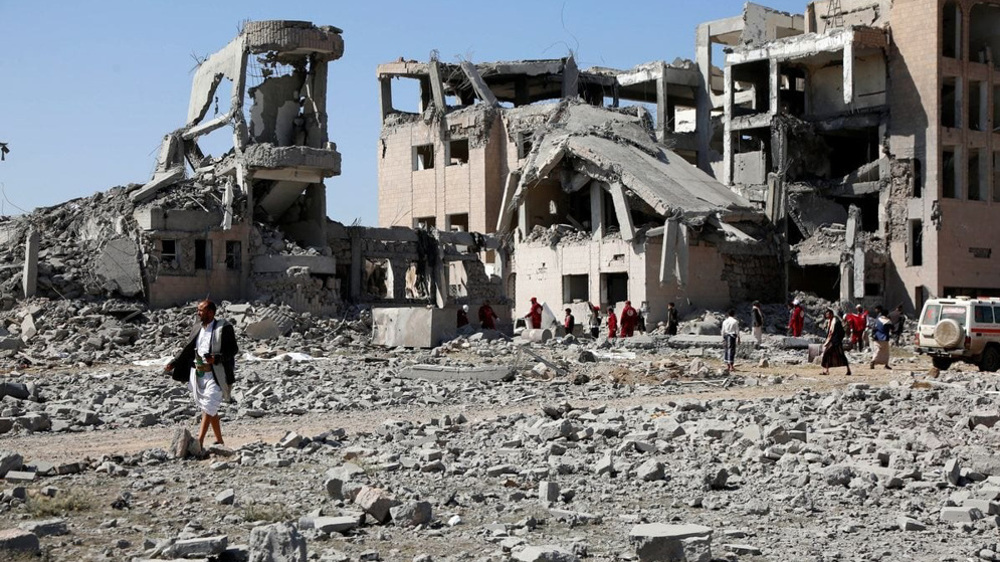
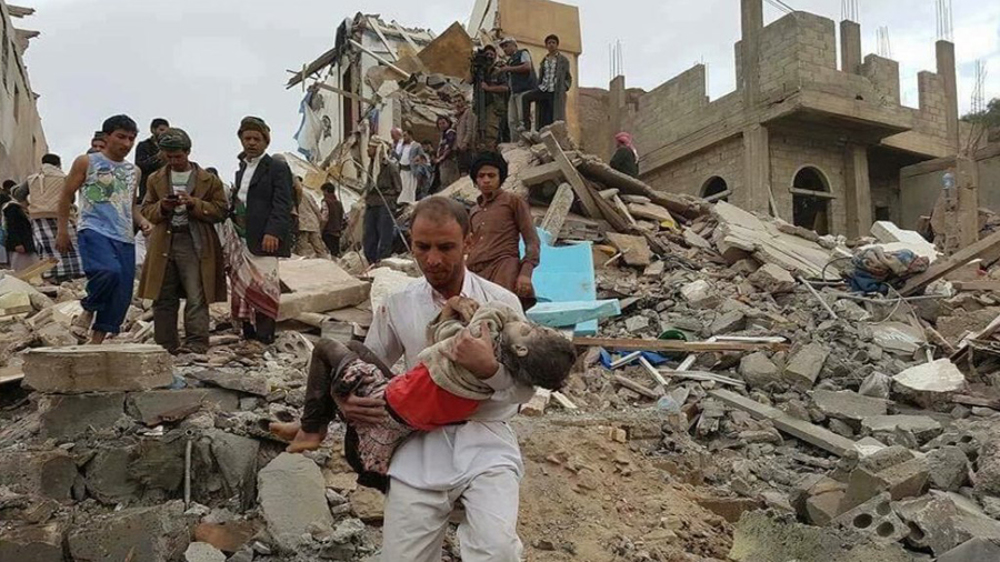
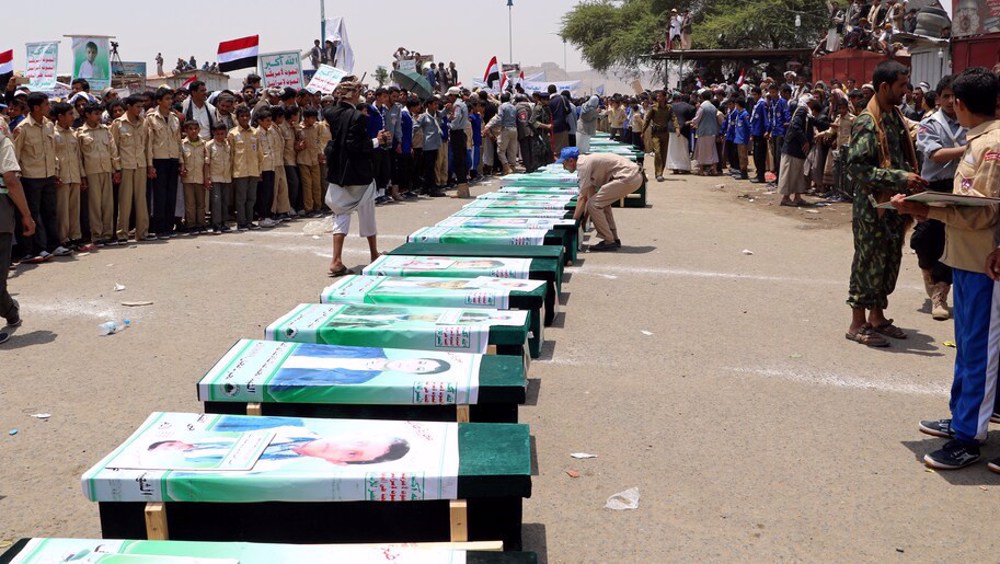
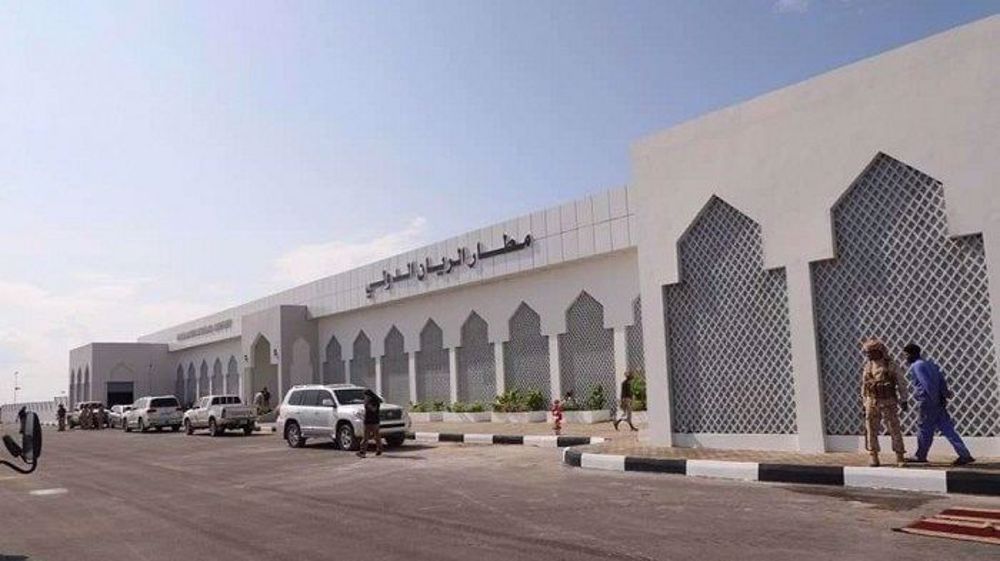
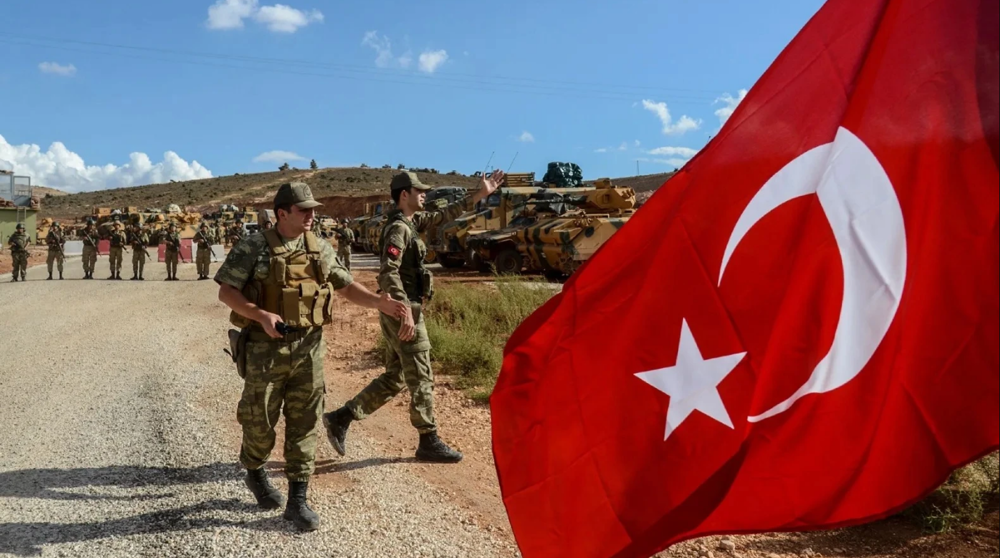
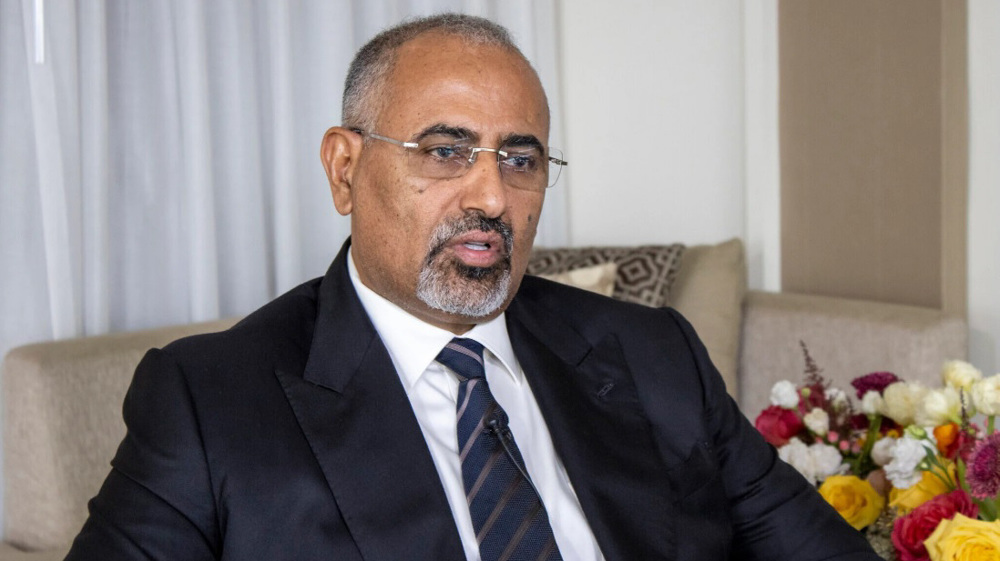




 This makes it easy to access the Press TV website
This makes it easy to access the Press TV website